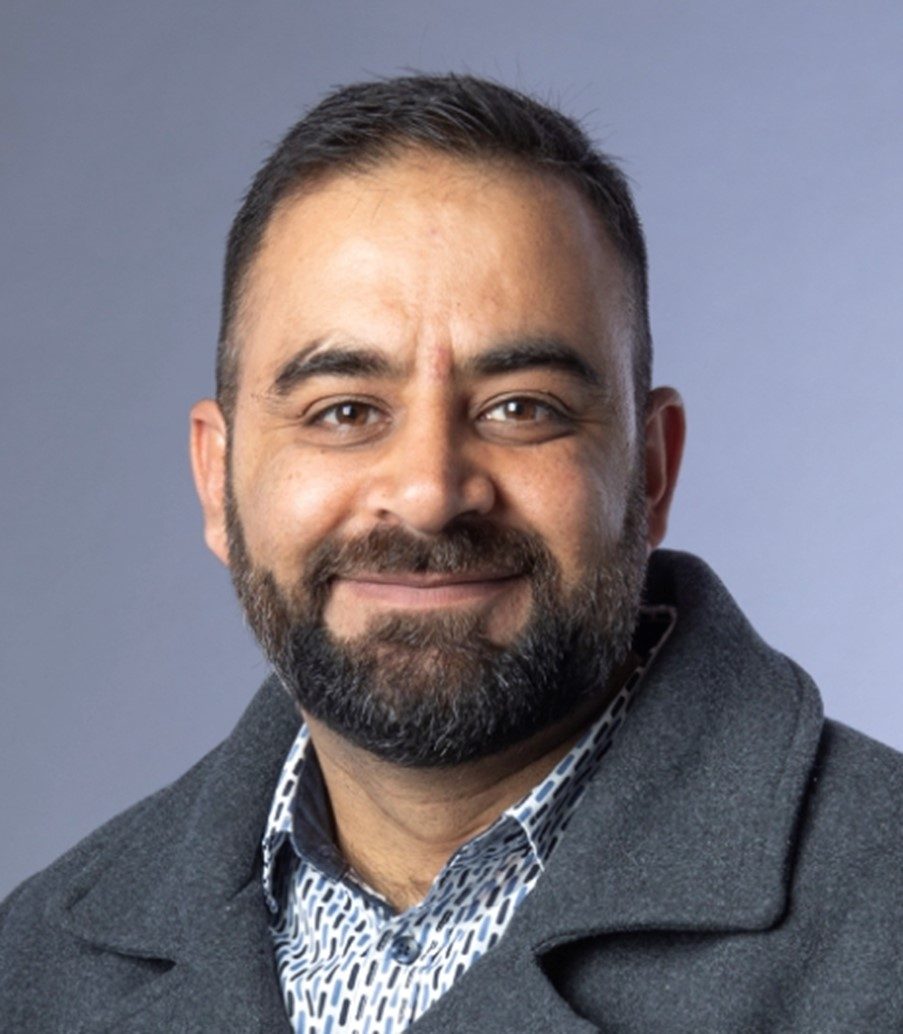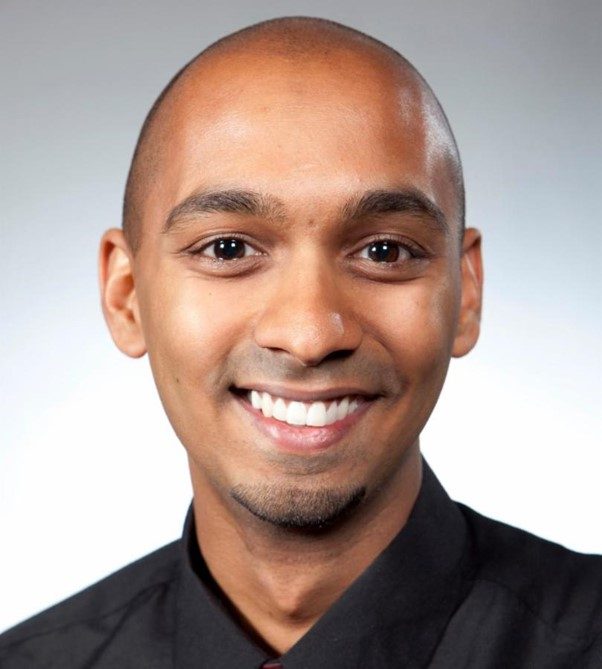The Muslim Diversity Study, also known as “A National Longitudinal Study of Muslim Diversity and Flourishing”, is aimed to enrich understanding of the attitudes, values, wellbeing, flourishing, and resilience of the Muslim community in New Zealand. It is conducted as part of the New Zealand Attitudes and Values Study.
Salaam alaikum, kia ora, and greetings!
Our Vision
The NZAVS is committed to the following three principles for the Muslim Diversity Study.
- Protection: the NZAVS is strongly committed to respecting and protecting data gathered from all participants and takes confidentiality seriously. Our commitment to participant privacy and safety is central to the NZAVS Muslim Diversity Study.
- Participation: the NZAVS is committed to enhancing the research capacity of our communities in Aotearoa New Zealand. Any NZAVS research focusing specifically on the Muslim community will be reviewed by our Muslim academic advisor Dr Usman Afzali, and/or appropriate nominated reviewers from the Muslim community in New Zealand. We are committed to Muslim community-led research for Muslim-focussed studies to ensure respectful reporting that considers the social, religious, and cultural settings of New Zealand’s Muslims.
- Partnership: the NZAVS actively fosters opportunities for collaborative research with emerging Muslim researchers in New Zealand. We seek to mentor Muslim graduate students interested in accessing NZAVS data for research in their own postgraduate theses or dissertations. We invite students from the Muslim community in New Zealand to contact our Muslim academic advisor, or any member of the NZAVS board or leadership team for guidance in developing a project.
About the Project
About NZAVS
NZAVS is a large longitudinal national probability annual panel study* of social attitudes, personality, ideology and health outcomes. The NZAVS began in 2009 and is curated by Professor Chris Sibley. It includes questionnaire responses from more than 70,000 New Zealand residents. The study includes researchers from many New Zealand universities, including the University of Auckland, Victoria University of Wellington, the University of Canterbury, the University of Otago, and Waikato University. Because the survey asks the same people to respond each year, it can track subtle change in attitudes and values over time, and is an important resource for researchers both in New Zealand and around the world. The NZAVS is university-based, not-for-profit and independent of political or corporate funding.
* In the panel study, data are collected from the sample participants overtime.
Why the Muslim Diversity Study?
As a committed member of the New Zealand Muslim community, the lead researcher of the Muslim Diversity Study, Dr Usman Afzali recognised the importance of including Muslim voices in discussions about New Zealand. This inspired him to develop a booster study to enhance Muslim representation in the New Zealand Attitudes and Values Study, since Muslims are underrepresented at present. By capitalizing on NZAVS infrastructure, this project aims clarify the extent of Muslim diversity, mechanisms of resilience, and lines of similarity with other faiths.
Much of the NZAVS work to date with the Muslim community has focused on conveying information about how Muslims are perceived. However, after talking with 29 Muslims from diverse backgrounds across New Zealand, the Muslim Diversity Study team identified strong signals of Muslim interest in conducting research on Muslims self-perception, diversity, as well as flourishing. Therefore, the current project will amplify the community partnerships and foster Muslims’ interest by involving them in longitudinal science.
Participant confidentiality
Here at the NZAVS we take our participants’ confidentiality very seriously. All personal details are encrypted and stored separately from questionnaire data. Only Professor Chris Sibley and trusted research assistants working on the NZAVS in secure conditions have access to participants’ contact details. Participants’ contact details are used solely for the purposes of contacting them to continue their participation in the NZAVS each year and to provide them with information and feedback about research findings from the NZAVS.
Reference: https://osf.io/75snb/wiki/home/
Ethics approval
The Muslim Diversity Study is regulated by the University of Auckland Human Participants Ethics Committee.
The current ethics approval statement for the 2021-2027 period is as follows: The New Zealand Attitudes and Values Study was approved by the University of Auckland Human Participants Ethics Committee on 26/05/2021 until 26/05/2024, and renewed on 02/05/2023 until 26/05/2027. Reference Number: UAHPEC22576.
For any queries regarding ethical concerns, you may contact the Chair, University of Auckland Human Participants Ethics Committee, Ethics and Integrity Team, University of Auckland, Private Bag 92019, Auckland 1142. Telephone 09 373-7599 ext. 83711. Email: humanethics@auckland.ac.nz.
Why we need ethics approval?
Ethical approval for research is essential to ensure that studies involving human participants are conducted in a morally responsible and respectful manner. It serves to protect the rights, wellbeing, dignity, and confidentiality of those involved in the research, as well as the broader community affected by the study. Ethical approval ensures that potential risks are minimized, benefits are maximized, informed consent is obtained, and any potential conflicts of interest or biases are addressed. This oversight helps maintain public trust in the scientific community and upholds the fundamental principles of fairness, respect, and accountability in research endeavours.
The NZAVS laboratory, led by Prof Chris Sibley, has an established record of excellence in longitudinal data collection, and maintaining privacy and confidentiality of research participants for over 15 years. With increasing participation on a yearly basis, such a record demonstrates high trust of New Zealand public in our research group.
Based on the NZAVS privacy model, only Prof Chris Sibley, the lead researcher of the NZAVS, and those who work as part of the physical NZAVS laboratory in Auckland have access to personal information. After being scanned and encrypted, all surveys are immediately de-identified: no one entering NZAVS data can access personal information. NZAVS protocols have long adopted rigorous standards for data security. In addition, Muslim Diversity Study is regulated by the University of Auckland Human Participants Ethics Committee -- that reviews our processes and we adhere to them incredibly strictly.
Our Team
Our core team consists of a junior researcher and many senior academics affiliated with public universities of New Zealand (University of Canterbury, Victoria University of Wellington, and The University of Auckland). We come from different backgrounds, we are politically unaffiliated, and we do not represent or work for any community, religious, or political organisations. Our main motivation is to conduct good science and share it with the New Zealand public and scientific community.
Usman Afzali | Lead Researcher
Usman Afzali is a postdoctoral research fellow at University of Canterbury. He completed my PhD in psychology and is currently the principal investigator (lead researcher) of the three-year Muslim Diversity Study (since the beginning of 2023). Beside research, he teach psychology at University of Canterbury. Usman migrated to New Zealand in 2011 and has been living in Christchurch since. In the past few years, he has published several articles with New Zealand Attitudes and Values Study (NZAVS) focusing on Muslim perception and attitudes toward Muslims in New Zealand.
As a researcher and committed member of the New Zealand Muslim community, Usman recognises the importance of including Muslim voices in discussions about New Zealand. This inspired him to develop a booster study to enhance Muslim representation in the New Zealand Attitudes and Values Study, since they are underrepresented at present – which limits the inferences that could be made about Muslims diversity, perception, flourishing, resilience, and meaning-making.
More about me: Academic website, Institution Homepage

Professor Joseph Bulbulia | Project Co-leader
Prof Bulbulia is a professor of psychology and the director of Centre for Applied Cross-cultural Research at Victoria University of Wellington, and one of four senior managers of the NZAVS. He developed the first NZAVS studies on anti- Muslim prejudice in 2015 (with postdoc Dr John Shaver) and works with government and Muslim communities to promote acceptance. He co-directs this project, mentors Dr Afzali, promotes international outreach, and co-authors publications.
More about Prof Bulbulia: Academic website, Institution Homepage

Associate Professor Kumar Yogeeswaran | Project Co-leader
A/Prof Yogeeswaran is an associate professor of psychology at University of Canterbury. He has been an active member of the NZAVS advisory board since 2014, and published research using the NZAVS data, including several recent scientific articles relating to perception of the Muslim community. As a faculty member at the University of Canterbury, A/Prof Yogeeswaran will support and mentor the lead PI, Dr Afzali in the project
More about A/Prof Yogeeswaran: Academic website, Institution Homepage

Professor Chris Sibley | Project Co-leader
Prof Chris Sibley is a professor of psychology at the University of Auckland, and NZAVS founder and lead manager. Prof Sibley is among the world’s top researchers in longitudinal psychology. He manages the collected NZAVS Flourishing Study data at the basic level, and will co-author publications with the team.
More about Prof Sibley: Institution Homepage

Lawyer | Aarif Rasheed
Lawyer Aarif Abdul Rasheed is the head of the Muslim advocacy group, Just Community. He has been a close and valued NZAVS collaborator since 2016. Mr Rasheed advises the team in this project and works with the Muslim community leadership and Research Assistants, particularly in Auckland and Wellington.
More about Barrister Rasheed: Homepage

Jamila Badis
- Omer Anwarzada
- Ayyan Ali
- Dr Zara Ali
- Asem Arif
- Weaam Bassiouni
- Aqsa Butt
- Dr Iman Hussain
- Abduallah Kalantan
- Sadia Mansoor
- Noor Najm
- Sana Nisar Ahmad
- Dr Hala Burhoum
- Zahra Ditta
- Mashal Khan
- Tuba Azeem
- Sohail Kashkari
- Hussain Raissi
- Rafi Biswas
- Marzia Ehsani
- Khadija Jasim
- Ola Khamees
- Rana Lotfy
- Dr Mai Tamimi
- Dr Fatima Junaid - See more here.
Contact us today
Want to know more?
Connect with us
Take part in the Muslim Diversity Study
By completing this survey, you are contributing to a research project led by people from the Muslim community for the sake of the Muslim community.

